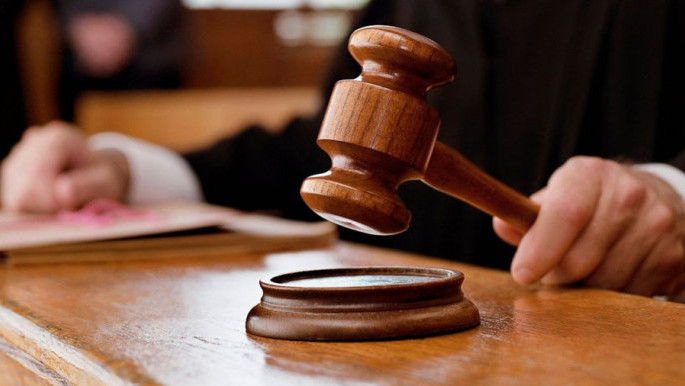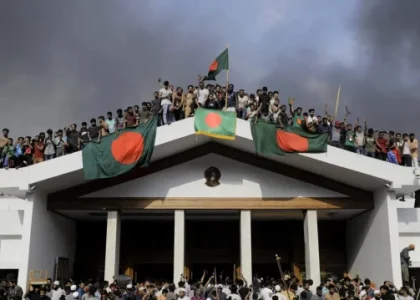In Bangladesh, the relationship between human rights, justice, and citizenship remains central to the nation’s democratic aspirations. Citizens are guaranteed fundamental rights under the Constitution, yet challenges in enforcement often leave many vulnerable to inequality and injustice. Issues such as extrajudicial actions, restrictions on freedom of expression, and unequal access to legal remedies continue to draw concern from both local and international observers.
Justice in Bangladesh is closely tied to the effectiveness of state institutions. While the judiciary serves as a pillar of accountability, delays, corruption, and lack of resources often weaken public confidence. For ordinary citizens, especially those from marginalized groups, accessing fair and timely justice remains a struggle.
The role of the state is critical in safeguarding rights and ensuring justice. Good governance, transparency, and the protection of democratic values are essential for building trust between citizens and the state. Recent civil society movements and public debates highlight a growing demand for stronger protections of individual freedoms and accountability for abuses of power.
As Bangladesh continues its path of development, strengthening human rights and ensuring justice for all citizens will be vital in shaping a more inclusive and democratic society.



